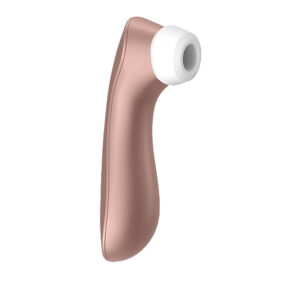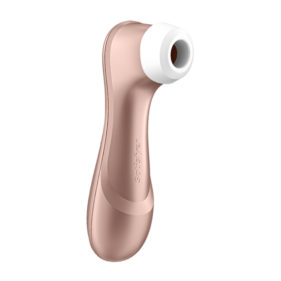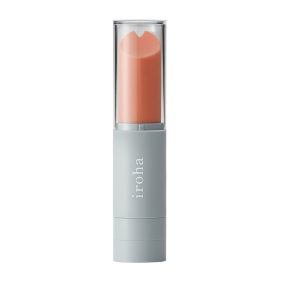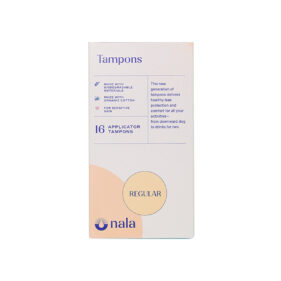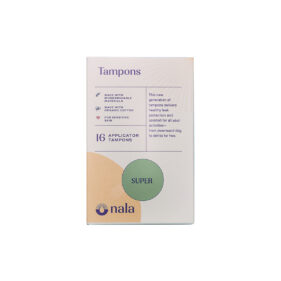
For women, detecting cervical cancer early on can give them a greater chance at curing it. A Pap smear, also known as a Pap test, is a screening procedure to detect cervical cancer. In today’s article, we will tackle what a pap smear test is, the steps to help you prepare for it, and what to expect as you undergo this significant test.
What is a Pap Smear Test?
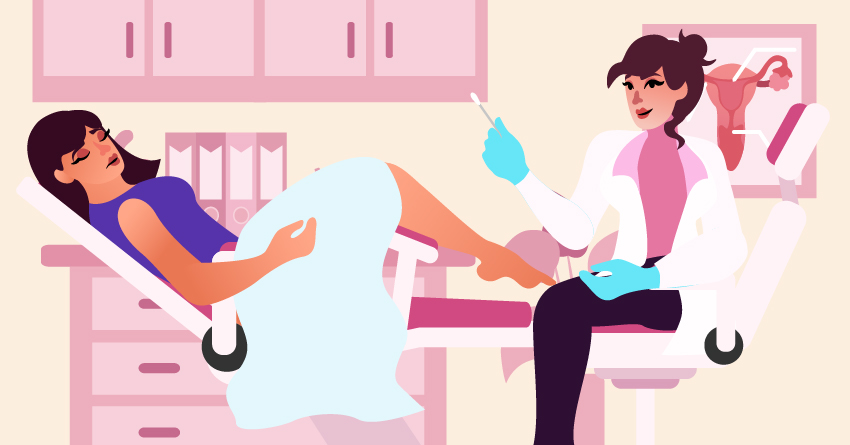
A Pap smear allows a medical practitioner to collect cells from the cervix. The cervix is the opening to the uterus and is located at the top of the vagina. The cells that are retrieved are sent to the laboratory to be analyzed.
The Pap Smear Test detects changes in your cervical cells and is especially helpful in detecting if you may develop cervical cancer. Early detection of the abnormal cells is the first step in halting the possible development of cervical cancer. A Pap smear test is easily accessible at women’s clinics, your trusted OB-GYN, or sometimes, even your General Practitioner can administer the test if you asked them to.
Everything You Should Know About The Pap Smear Test
Pap smear tests are essential in maintaining your bodily health and sexual wellness – whether or not you’re sexually active. And while a pap smear test can seem complicated, here are a few things you should know to make things more understandable. These are a couple of things you should keep in mind before, during, and after a pap smear test.
1There are many factors to take into consideration when scheduling the frequency of Pap Smear Tests.

Pap smear testing guidelines are generally established by age.
Most of the Pap smear testing guidelines are established by age. Some other factors may influence how often you should have a Pap test.
The test frequency recommended for different ages are the following:
Under 21 years old: No Pap test is needed.
21 years old: Begin Pap testing every three years.
21–29 years old: A Pap test is needed every three years.
30–65 years old: You can have three options here: A Pap test every three years, human papillomavirus (HPV) test every five years, or a co-test with both a Pap test and an HPV test every five years.
65 years old and older: Pap tests may not be necessary after age 65 if you’ve had several consecutive normal Pap tests in the decade before you reach 65.
There are, however, other factors that may be taken into consideration with regards to how often you will need to have a Pap Smear test done. Pre-existing habits and conditions may increase your risk of cancer.
Schedule more frequent pap smear tests if you:
- are HIV-positive
- have a weakened immune system, such as from chemotherapy or an organ transplant
- have HPV (human papillomavirus)
- had a history of smoking
If Pap results are abnormal, your doctor may increase the frequency of Pap smears, too.
-
₱2,695.00
-
₱5,000.00
-
₱1,199.00
-
₱5,455.00
2 The test looks for precancerous or cancerous cells on your cervix.

A routine pap smear procedure gently scrapes away cells from your cervix to be examined for abnormal growth. It’s a procedure done at your doctor’s office. The discomfort varies for everyone, but doctors say that the procedure should not cause any long-term pain.
3There is a difference between a Pap smear and an HPV test.

Pap smear tests look for precancers, or cell changes on the cervix that may become cervical cancer if left untreated while the HPV test looks for the human papillomavirus that can cause these changes. The difference lies in what the tests look for, but pap smear and HPV testing can be done simultaneously using the same steps. When the samples are sent to the lab for testing, your healthcare provider specifies whether the pathologist should check for precancerous or cancerous cells, HPV, or both.
4There is also a difference between a Pap Smear and a pelvic exam.

Gynecologic health is assessed by a variety of tests. While they seem similar, that is not so. Pelvic exams are medical examinations of the reproductive system while a Pap smear tests for cervical cancer. The uterus, ovaries, and other parts of the female reproductive system are examined and palpated during a pelvic exam, but it does not always include a Pap smear.
-
₱4,745.00
-
₱4,745.00
-
₱2,695.00
-
Original price was: ₱4,745.00.₱4,270.50Current price is: ₱4,270.50.
5A Pap smear cannot detect STIs.
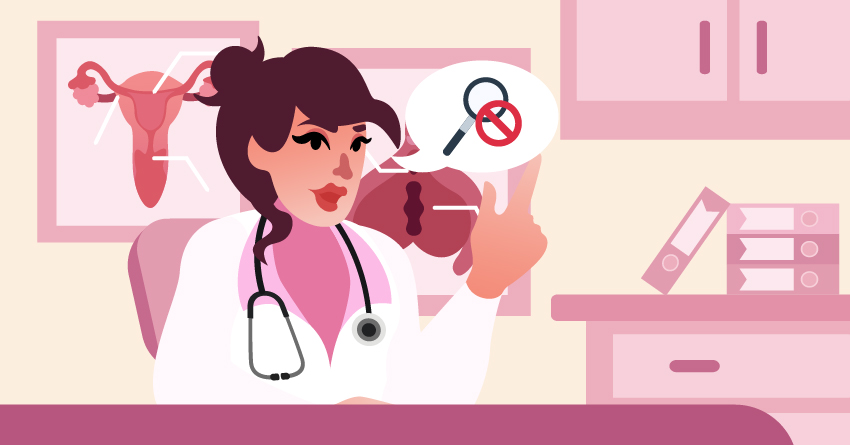
While a Pap smear is important in ensuring your sexual health, it does detect sexually transmitted infections (STIs). Diseases like chlamydia or gonorrhea are tested through a fluid sample from your cervix. Cervical cells harvested during Pap smears are different from the fluids needed for STI tests. Some STIs can also be detected through blood tests.
6There are rules to follow to help you get accurate results in your Pap Smear.

Much like any medical exam, there are a couple of preparations that you have to make to get accurate results. Most importantly, it is best to schedule your Pap smear 5 days after the end of your period so that you can get the clearest samples from your cervix for accurate analysis.
For the most accurate results, here are some of the restrictions to follow:
- Do not have vaginal sex for two days before your exam.
- Do not use tampons, vaginal creams or medicines, birth control foams or jellies, lubricants, or douches for at least two days before the test.
-
₱4,745.00
-
₱4,745.00
-
₱4,745.00
-
₱950.00
7Doctors recommend routine cervical cancer screening, regardless of your sexual history.

Doctors recommend routine cervical cancer screening, regardless of your sexual history. Tests used to screen for cervical cancer include the Pap test and the HPV test. Your doctor can help you understand whether one or both of these tests is best for you. The purpose of a Pap test is to collect cells from the cervix. The cervix is the lower end of your uterus. The cells collected during the Pap test are analyzed in a lab to see if they’re cancerous or have changes that might indicate an increased risk of cervical cancer.
-
₱5,455.00
-
₱1,495.00
-
₱1,245.00
8Most people take it every three years.

Most people can have a Pap smear every three years. But as mentioned earlier, age and risk factors all contribute to how frequently you should be taking the test. After the age of 30, the time between tests may expand, and you may even be able to combine your HPV tests with Paps smear exams, or just have the HPV exams replace it altogether.
9There are no risks in undergoing Pap smears.

Pap smears are very safe, so there isn’t much to worry about there. There may be some light spotting (vaginal bleeding) after the test, but you shouldn’t experience cramping or pain. Once your healthcare provider sends the samples to the lab, the pathologist examines the samples under a microscope to identify whether or not there is a presence of abnormal cells that may indicate cancer of HPV.
-
₱285.00
-
₱150.00
10The test may be uncomfortable but it shouldn’t cause long-term pain.

Pap smears generally take place in your healthcare provider’s office. It only takes a few minutes. There have been various reports of the pain and discomfort of the procedure, so talk to your doctor about how to manage the pain during the procedure. Your healthcare provider inserts a speculum into the vagina to hold it open so they can get a better view of the cervix. This may cause a little bit of pressure. Once you are open, the provider uses a brush or spatula to gently scrape cells from the cervix – this is called the biopsy.
11It can take three weeks to receive your results.

Once your exam is complete, the samples are sent to the lab. The pathologist examines the samples under a microscope. They are looking for abnormal cells that may indicate cancer or HPV. Results may take up to three weeks to get back to your healthcare provider.
-
₱429.00
-
₱439.00
12Test results for a Pap smear vary in three categories.

To get a sample of your cervical cells, a doctor or practitioner will collect cells from the cervix using a small brush. This test can be uncomfortable, but it should not be painful.
Pap smear test results usually fall into three categories:
Normal Pap smear
A normal or “negative” result means that there were zero abnormal cells detected. These patients may wait three years before getting another Pap smear exam.
Abnormal Pap smear
An abnormal result does not mean that you have cancer. All it indicates is the presence of abnormal cells in the sample they were sent. An abnormal report may lead your doctor to recommend more tests. HPV exams or a colposcopy are some additional tests that your doctor may recommend as they allow for an even closer examination of the cervix. They may also take a piece of tissue for testing. This is called a biopsy. You also may be asked to return in 1 year for screening.
Inconclusive Pap smear
An inconclusive pap smear exam may mean that you will need to redo the exam. This is because the lab could not see enough cells to arrive at a definite diagnosis.
13There could be a second test if you received an abnormal Pap smear result.

An abnormal Pap smear results in your healthcare provider requesting that you redo the test immediately or in a couple of months’ time. A second Pap smear helps your doctor make a better diagnosis if they think that an infection or other problems affected the test results.
-
₱4,990.00
-
₱5,000.00
-
₱950.00
-
Original price was: ₱1,495.00.₱747.50Current price is: ₱747.50.
14You can consider stopping Pap smears after a total hysterectomy.

Certain situations may allow you to forego regular Pap testing, like if you’ve had a hysterectomy. A total hysterectomy is the surgical removal of the uterus (including the cervix). The decision to end Pap smear testing should be made with your doctor.
-
₱2,445.00
-
₱4,745.00
-
Original price was: ₱2,445.00.₱1,956.00Current price is: ₱1,956.00.
-
₱4,745.00
15You can also consider stopping Pap smears at an older age.

Old age can be one of the reasons that you decide to end routine Pap smear testing. Doctors generally agree that women at the age of 65 can consider stopping routine Pap smear testing if previous tests for cervical cancer have been negative. Have a conversation with your doctor so you can decide what the best option is for you based on your risk factors. However, if you are sexually active with multiple partners, routine Pap testing may still be recommended.
Frequently Asked Questions

The Pap smear test can be quite daunting, especially if you haven’t taken the test before. So, we’ve listed and answered the common questions about it in this FAQ:
1Are there any restrictions after a Pap smear?
No, after your Pap smear, you should be able to go about your day without any restrictions. The type of Pap smear test you undergo will determine the type of sample that is collected – a liquid-based Pap test sample will be preserved in a special liquid, and a conventional Pap smear sample will be placed in a glass slide. These are then sent to the laboratory for the specialists to examine. They then determine if the characteristics in the cell indicate cancer or a precancerous condition. You can ask your doctor to give you an approximate date of when to expect your test results.
2I have low pain tolerance. How do I remain calm during the test?
Past literature has stated that the test may be uncomfortable, but it shouldn’t cause too much pain. however, there have been more and more testimonies from women that you can expect more pain than a little pinch. Talk with your doctor about ways to deal with the pain, or if you can be placed under a local anesthetic. Do not let the threat of pain stop you from getting your routine check-up, though. A little pain is worth ensuring your long-term health.
3I got a normal result. Is there anything I should do moving forward?
If your test results are normal, your chance of getting cervical cancer in the next few years is very low. Your doctor may tell you that you can wait several years for your next cervical cancer screening test. But it would help if you still went to the doctor regularly for a checkup.
4Can I have sex before my Pap smear?
You should not have sex if your test is coming in at least two days. And avoid the use of birth control foam, cream, or jelly at the same time. Another thing to avoid is douching (rinsing the vagina with water or another fluid).
5Does it mean I have cancer if I get an abnormal result?
It can take as long as three weeks to receive your test results. If your test shows that something might not be normal, your doctor will contact you and figure out how best to follow up. There are many reasons why test results might not be normal. It usually does not mean you have cancer.
Takeaway
Regular Pap smear tests remain an essential screening tool. And while the test may be uncomfortable initially, it is vital to have timely tests so that any changes can be detected early and treatment can begin. Talk with a healthcare professional about the best recommendations for you. Most people can have a Pap smear every three years. That timing may expand a bit after age 30, and HPV tests may be used in place of or in conjunction with Pap tests.
Help spread awareness on this topic and share this article with a friend. And if you want more guides like this, head on over to the Lauvette blog.








